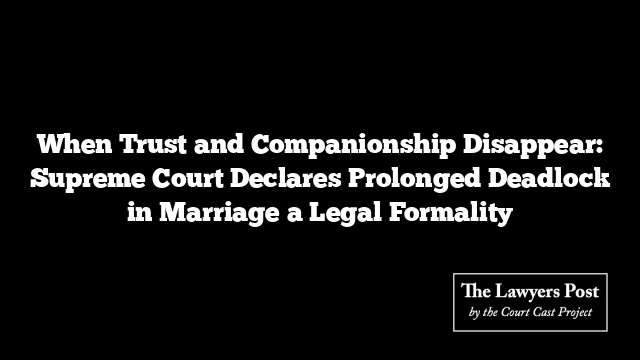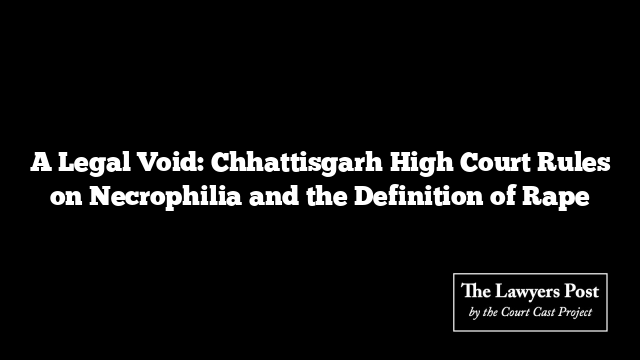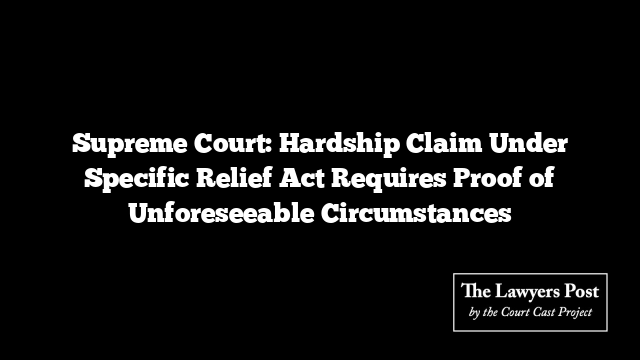The Supreme Court has emphasized that a marriage stripped of mutual trust, companionship, and reconciliation becomes nothing more than a hollow legal structure. Prolonged separation and irreconcilable differences were highlighted as significant factors in deciding the fate of such matrimonial disputes.
A bench comprising Justice Vikram Nath and Justice Prasanna B. Varale dismissed a woman’s appeal challenging a High Court decision that granted her husband a divorce on grounds of mental cruelty. The Court noted that the marriage, marked by two decades of separation and relentless legal battles, had irretrievably broken down.
Citing evidence, the Court found that the woman’s repeated filing of baseless criminal complaints against her husband and his family inflicted deep emotional and mental harm. This behavior, combined with their prolonged estrangement, underscored the marriage’s unviability.
While irretrievable breakdown is not explicitly a statutory ground under the Hindu Marriage Act, the Court pointed to its constitutional powers under Article 142 to provide relief in cases where the marriage has clearly reached an end.
Quoting earlier rulings, the Court observed, “Prolonging a dead marriage serves no interest and only perpetuates the agony of the parties involved. Forcing such a union to continue undermines the very purpose of marriage as a source of joy, companionship, and stability.”
In this case, the Court concluded that allowing both individuals to pursue independent lives was the only rational resolution, as the marital bond had long ceased to exist in any meaningful form.





